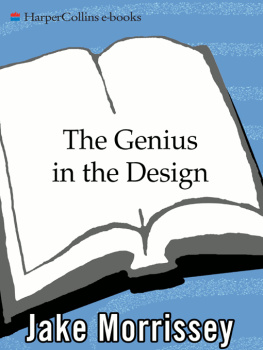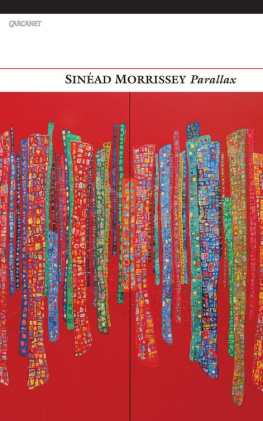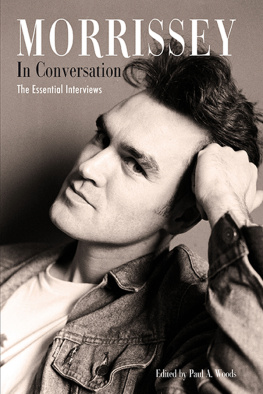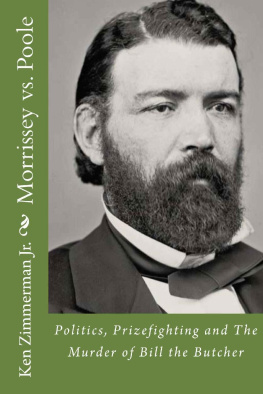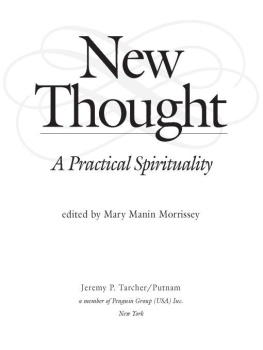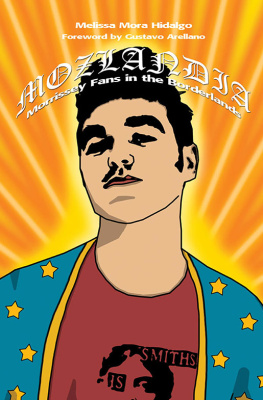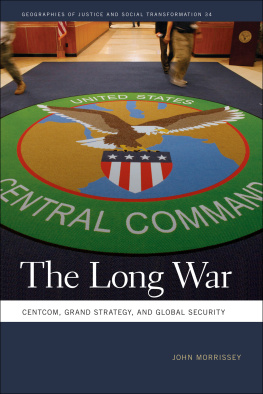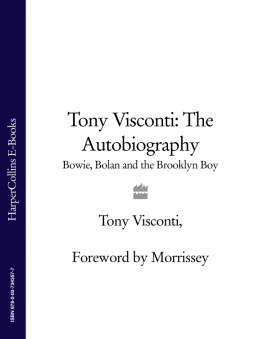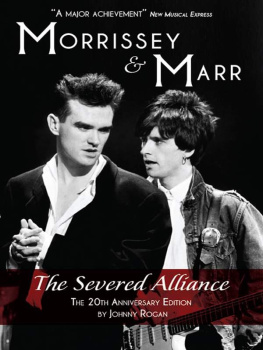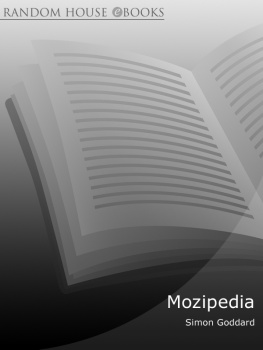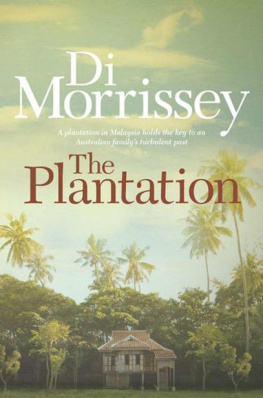Morrissey - Autobiography
Here you can read online Morrissey - Autobiography full text of the book (entire story) in english for free. Download pdf and epub, get meaning, cover and reviews about this ebook. City: London, year: 2013, publisher: Penguin Classics, genre: Home and family. Description of the work, (preface) as well as reviews are available. Best literature library LitArk.com created for fans of good reading and offers a wide selection of genres:
Romance novel
Science fiction
Adventure
Detective
Science
History
Home and family
Prose
Art
Politics
Computer
Non-fiction
Religion
Business
Children
Humor
Choose a favorite category and find really read worthwhile books. Enjoy immersion in the world of imagination, feel the emotions of the characters or learn something new for yourself, make an fascinating discovery.
- Book:Autobiography
- Author:
- Publisher:Penguin Classics
- Genre:
- Year:2013
- City:London
- Rating:5 / 5
- Favourites:Add to favourites
- Your mark:
- 100
- 1
- 2
- 3
- 4
- 5
Autobiography: summary, description and annotation
We offer to read an annotation, description, summary or preface (depends on what the author of the book "Autobiography" wrote himself). If you haven't found the necessary information about the book — write in the comments, we will try to find it.
Autobiography — read online for free the complete book (whole text) full work
Below is the text of the book, divided by pages. System saving the place of the last page read, allows you to conveniently read the book "Autobiography" online for free, without having to search again every time where you left off. Put a bookmark, and you can go to the page where you finished reading at any time.
Font size:
Interval:
Bookmark:



My childhood is streets upon streets upon streets upon streets. Streets to define you and streets to confine you, with no sign of motorway, freeway or highway. Somewhere beyond hides the treat of the countryside, for hour-less days when rains and reins lift, permitting us to be amongst people who live surrounded by space and are irked by our faces. Until then we live in forgotten Victorian knife-plunging Manchester, where everything lies wherever it was left over one hundred years ago. The safe streets are dimly lit, the others not lit at all, but both represent a danger that youre asking for should you find yourself out there once curtains have closed for tea. Past places of dread, we walk in the center of the road, looking up at the torn wallpapers of browny blacks and purples as the mournful remains of derelict shoulder-to-shoulder houses, their safety now replaced by trepidation. Local kids ransack empty houses, and small and wide-eyed, I join them, balancing across exposed beams and racing into wet black cellars; underground cavities where murder and sex and self-destruction seep from cracks of local stone and shifting brickwork where aborted babies found deathly peace instead of unforgiving life. Half-felled by the local council, houses are then left slowly crumbling and become croft waste ground for children to find new excitements with no lights for miles. Fields are places in books, and books are placed in libraries. We, though, are out here in the now, unchecked and un-governed; Manchesters Victorian generation having coughed to their deaths after lifetimes of struggle, and these waterlogged alleys have occasional shafts of greeny-yellow grass jutting between flagstones that have cracked under duress like the people who tread them. Here, behind the shells of shabby shops, that foul animal-waste waft from which no one can fail but to cover their mouths as they race past. These back-entries once so dutifully swept and swilled and donkey-stoned to death by the honest poor now have no future, for this now is their future, that moment when time runs out. Like us, these streets are left to their own stark destiny. Birds abstain from song in post-war industrial Manchester, where the 1960s will not swing, and where the locals are the opposite of worldly. More brittle and less courteous than anywhere else on earth, Manchester is the old fire wheezing its last, where we all worry ourselves soulless, forbidden to be romantic. The dark stone of the terraced houses is black with soot, and the house is a metaphor for the soul because beyond the house there is nothing, and there are scant communications to keep track of anyone should they leave it. You bang the door behind you and you may be gone forever, or never seen again, oh untraceable you. The ordinary process of living takes up everyones time and energy. The elderly muse in bitter ways and the kids know too much of the truth already. Unfathomably, as we fester, there are casinos and high-living elsewhere; first-class travel and money to burn. Here, no one we know is on the electoral roll, and a journey by car is as unusual as space travel. Prison is an accepted eventuality, and is certain to turn you into a criminal. Penalties assessed, arrears called in, and dodging lifes bullets is known as survival. It is only ever a question of when. In the midst of it all we are finely tailored flesh good-looking Irish trawling the slums of Moss Side and Hulme, neither place horrific in the 1960s, but both regions dying a natural death of slow decline. The family is large and always admired, the many girls for their neatness and quiet glamor, and always attracting the leisurely stride of local boys. Naturally my birth almost kills my mother, for my head is too big, but soon it is I, and not my mother, on the critical list at Salfords Pendlebury Hospital. I cannot swallow and I spend months hospitalized, my stomach ripped open, my throat pulled wide, my parents are warned that I am unlikely to survive. Disappearing beneath a mass of criss-crossed blanket stitches, I grip onto the short life that has already throttled me. Once I am discharged from hospital, my sister Jackie, older by two years, is interrupted four times as she attempts to kill me, whether this be rivalry or visionary no one knows.


We are not vulgarians, yet here we are, in rent-demanding Queens Square backing onto the high walls of Loreto Convent, with its broken glass atop lest we, below, get any fancy ideas. The family is young and amused and all Irish-born but for my sister and I. The lineage leaps back to Naas, where Farrell Dwyer and Annie Brisk begat Thomas Farrell Dwyer who, somewhere, found Annie Farrell. Battling against the schoolmasterly dullness of detestable poverty, we Irish Catholics know very well how raucous happiness displeases God, so there is much evidence of guilt in all we say and do, but nonetheless it is said and done. My parents are both from the Crumlin area of Dublin, adjoining streets at that, from large families of struggle. My parents are both striking lookers, and it is they who sail to Manchester as the great extended hordes follow, and soon three houses on Queens Square are occupied by the maternal side of the family, by whom my sister and I are raised. We rarely see my fathers side, but they too are splattered about Manchester, full of boys instead of girls, high in number and eager for glee. The Irish banter is lyrical against the Manchester blank astonishment. Walled in by cold-water dwellings, we huddle about the fire, suitable to our calling. Around us, the tough locals welcome this large Irish band as we roar and rage through the 1960s, pinned together by pop music, and by the suspicious absence of money (which, in fact, no one anywhere seems to have). Nameless turnings suggest nothing beyond, and we trudge to school ankle-deep in slush, half-thawed and half-frozen, musing on My boy lollipop by Millie Small. The school looms tall and merciless in central Hulme, as the last of the old order, a giant black shadow of ancient morality since 1842, invoking deliberate apprehension into every wide-eyed small face that cautiously holds back the tears as he or she is left at its steps into long echoing halls of whitewashed walls, of carbolic and plimsoll and crayon blazing through the senses, demanding that all cheerful thought must now die away. This bleak mausoleum called St Wilfrids has the power to make you unhappy, and this is the only message it is prepared to give. Padlocks and keys and endless stone stairways, down unlit hallways to darkened cloakrooms where something terrible might befall you. There are floors unused and cellars untouched in rooms unloved by ancestors who were certain that wisdom must lie in a keen self-loathing. St Wilfrids is an asylum, of sorts, for Hulmes pitiful poor, and although it had been declared due for demolition in 1913, it grinds on, fifty years later, dragging we small children with it, plunging us into its own rooms of gloom. Children tumble in soaked by rain, and thus they remain for the rest of the day wet shoes and wet clothes moisten the air, for this is the way. Our teachers, too, are dumped, as we are, in St Wilfrids parish. There is no money to be had and there are no resources, just as there is no color and no laughter. These children are slackly shaped and contaminated. Many stragglers stink, and will faint due to lack of food, but there is no such thing as patient wisdom to be found in the sharp agony of the teachers.
Font size:
Interval:
Bookmark:
Similar books «Autobiography»
Look at similar books to Autobiography. We have selected literature similar in name and meaning in the hope of providing readers with more options to find new, interesting, not yet read works.
Discussion, reviews of the book Autobiography and just readers' own opinions. Leave your comments, write what you think about the work, its meaning or the main characters. Specify what exactly you liked and what you didn't like, and why you think so.


